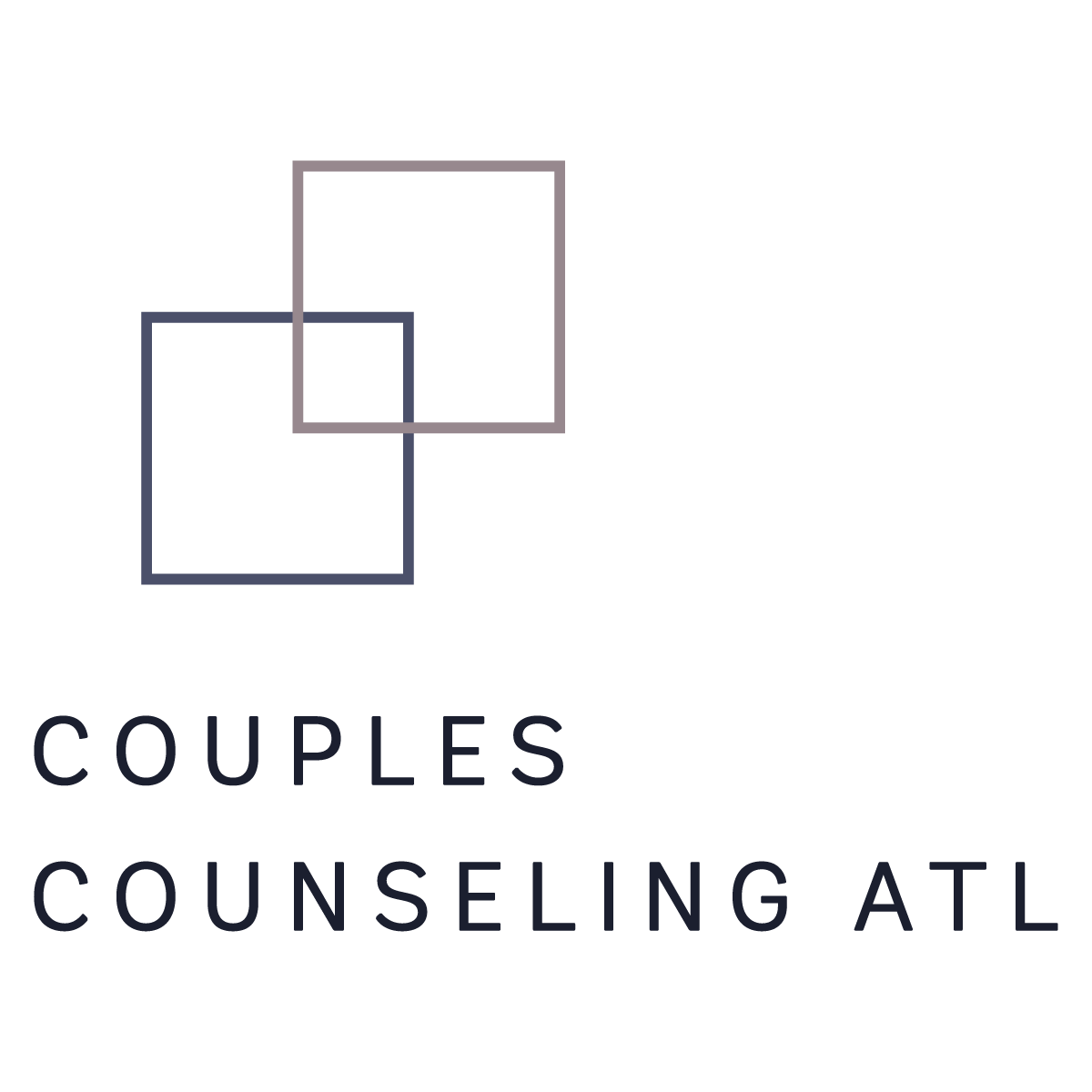Resentment: The Silent Killer of Relationships
Resentment is like a slow-growing vine, wrapping around the heart of your relationship, choking out love and connection. Over time, small hurts and disappointments can stack up when they're not repaired, forming an emotional wall between you and your partner. As an experienced couples therapist, I’ve seen firsthand how therapy can break down that wall and heal even the deepest wounds of resentment.
Understanding Resentment’s Roots
Stan Tatkin, founder of PACT couples therapy, describes resentment as “the feeling of displeasure or indignation at some act, remark, person, etc., regarded as causing injury or insult.” It's the emotional residue from unresolved issues and unspoken misunderstandings that can linger for years. Left unchecked, it builds a barrier that makes it hard for couples to connect and communicate effectively.
A Few Couples Therapy Models for Healing Resentment
PACT (Psychobiological Approach to Couple Therapy): This model helps couples create a secure, functioning relationship where conflict is resolved quickly and with care. By prioritizing connection, past hurts are reframed, allowing resentment to fade.
Gottman Method Couples Therapy: By building a positive "emotional bank account" and regularly “turning towards” each other, and learning how to intentionally repair past damages, couples can gradually restore trust and intimacy, even after years of resentment.
Relational Life Therapy (RLT): Terry Real’s "garbage bag strategy" helps couples temporarily shelve their resentments while focusing on strengthening the relationship first. Once they reconnect, they can revisit old hurts with more understanding, although Real claims they rarely desire to revisit old hurts once the relationship is stronger.
Internal Family Systems (IFS) Therapy: IFS views resentment as a protective mechanism. Through this approach, couples can address underlying wounds, making way for greater vulnerability and openness.
Take Sarah and David*, for example. They came to me on the brink of separation after years of resentment had built up in their relationship. You could cut the resentment with a knife, it was so thick in the air between them! David felt disconnected, carrying guilt and anger from past conflicts, while Sarah felt neglected and emotionally distant. Both had built a strong callous of resentment toward the other and it showed in all their interactions. They could be warm and kind to a complete stranger, but the moment they interacted with each other, the guard went up and the warmth left the room.
I often integrate many other therapeutic techniques into couples therapy, and for this couple I decided to reach for both Gottman and IFS techniques. Through a blend of these approaches, including building more of a friendship system, and going back to repair regrettable incidents, and understanding the more "guarded parts" with compassion and a nonjudgmental perspective, they grew more understanding and empathetic towards themselves and one another. They learned to communicate more openly, identifying the root causes of their resentment, and were able to forgive one another eventually, and took great emotional risks by opening back up to one another despite their fears of further hurt. By identifying, expressing, and working through feelings under their resentment, they repaired their bond.
Today, they describe their relationship as stronger and more fulfilling than ever before. They're able to discuss past hurts with more understanding, as part of their story that they were able to overcome. Sometimes they're even able to use self-deprecating humor to laugh at how stuck they became resenting each other, including how much time they wasted when they could have been having fun together like they are now. Sarah often says, "Can you believe I almost wanted to leave you because I couldn't get over the 2020 mother-in-law incident?!" and they laugh in unison. That never would have happened if they hadn't both been brave and worked through the resentments that had built up!
In conclusion, resentment doesn’t have to mark the end of your relationship. With the right therapeutic support, you and your partner can dismantle the barriers that have formed and rediscover the connection and love you once shared. By addressing unresolved emotions, building communication, and setting healthy boundaries, it’s possible to heal even deep-seated hurts. Remember, every relationship faces challenges, but with guidance and commitment, you can create a thriving, fulfilling partnership.
*names and identifying information have been changed

